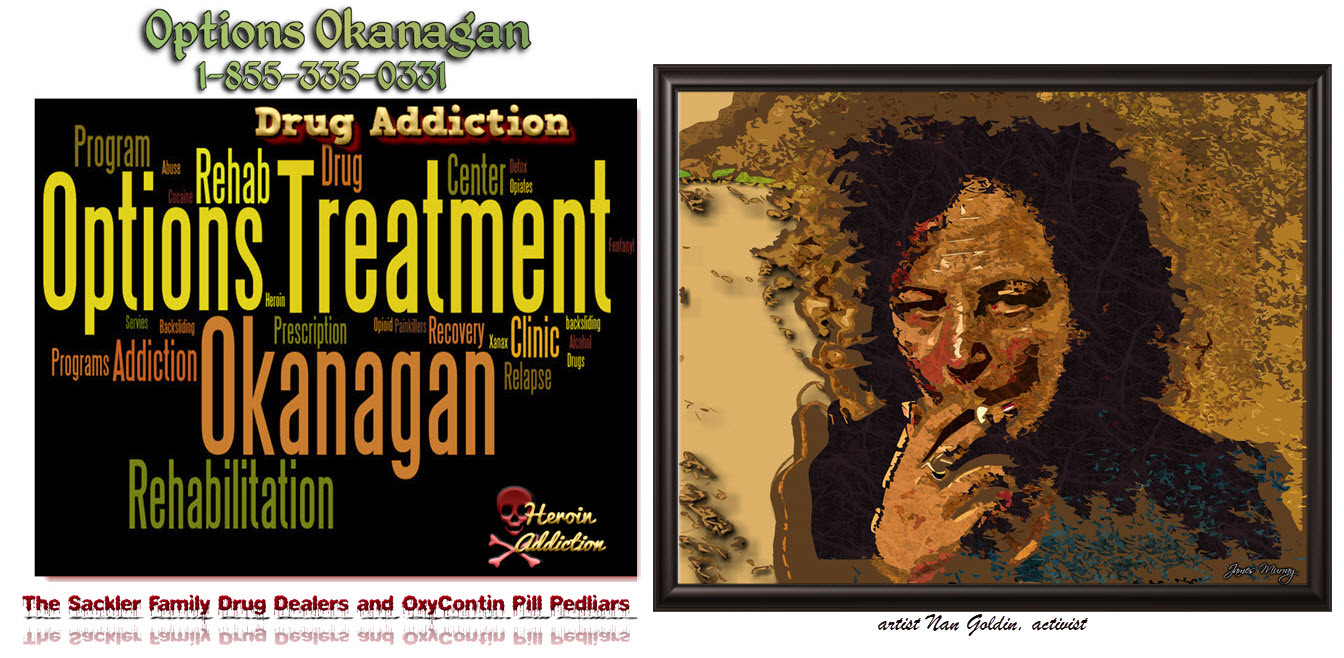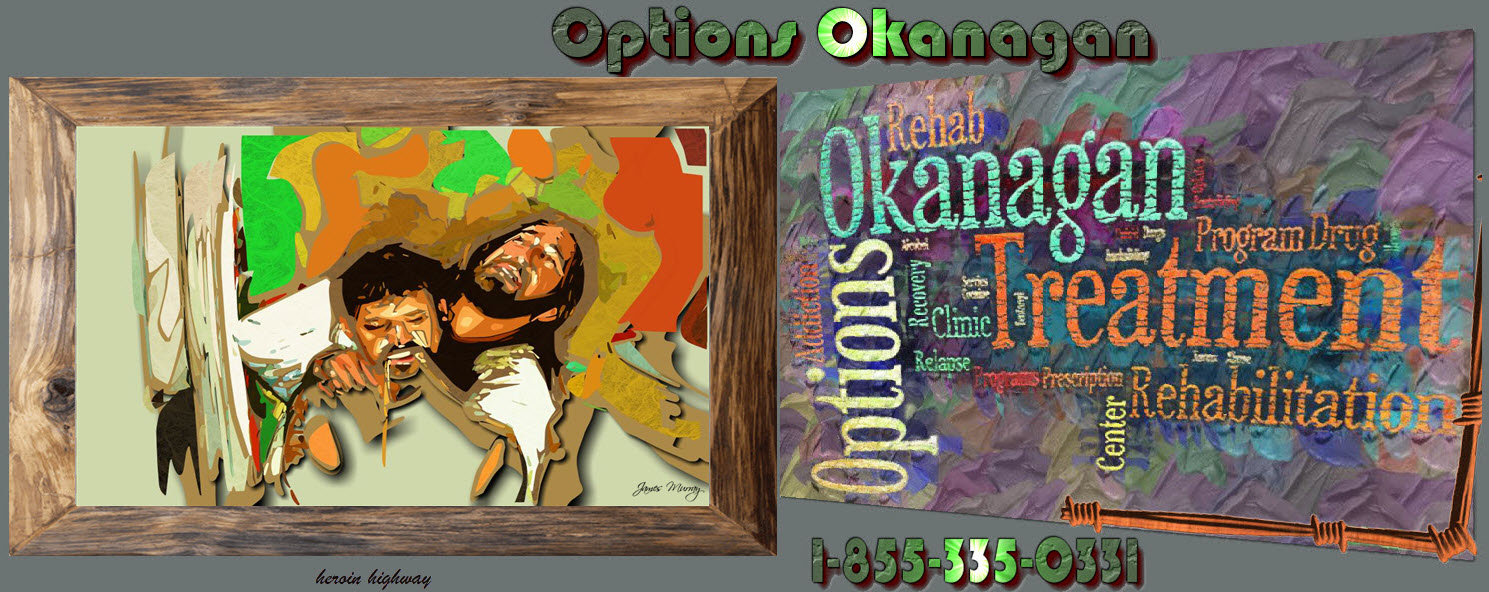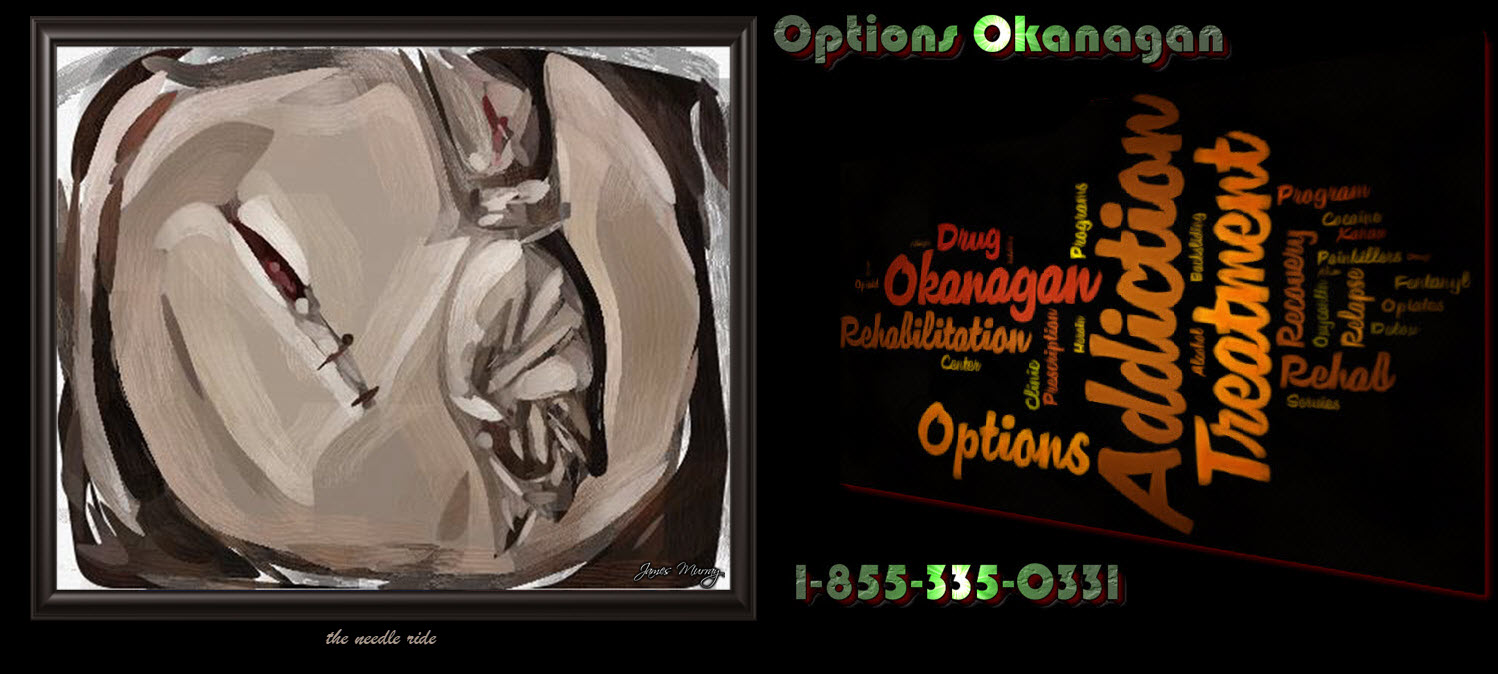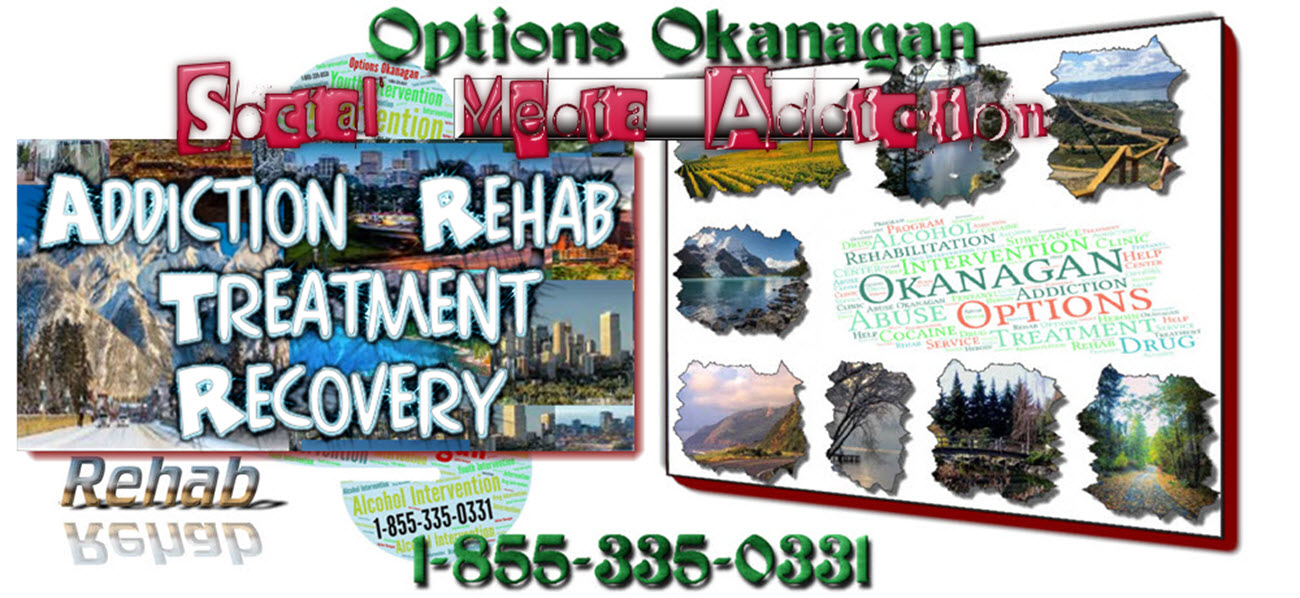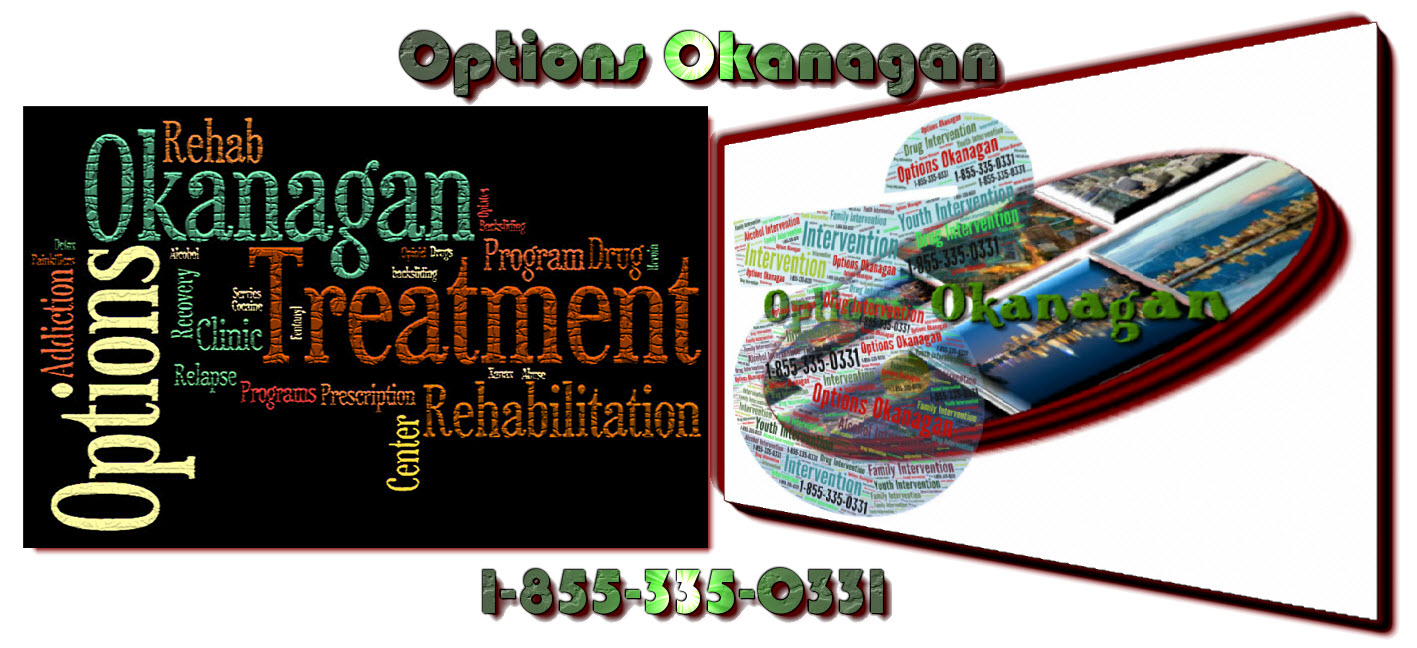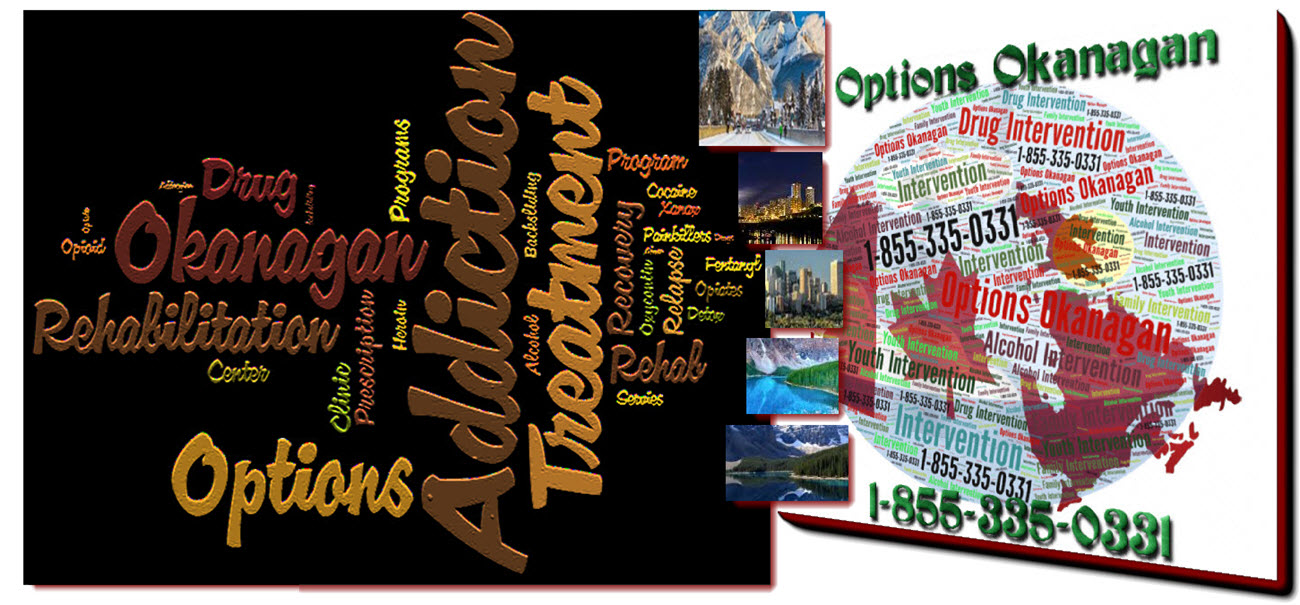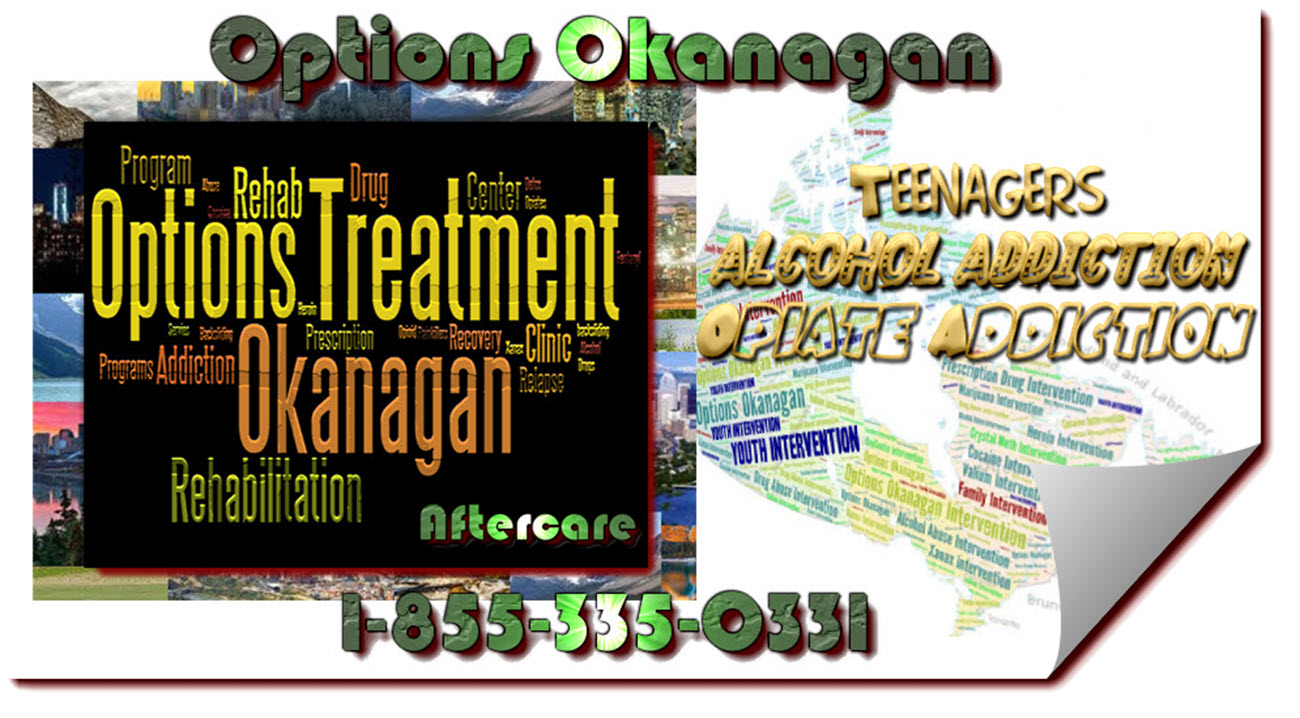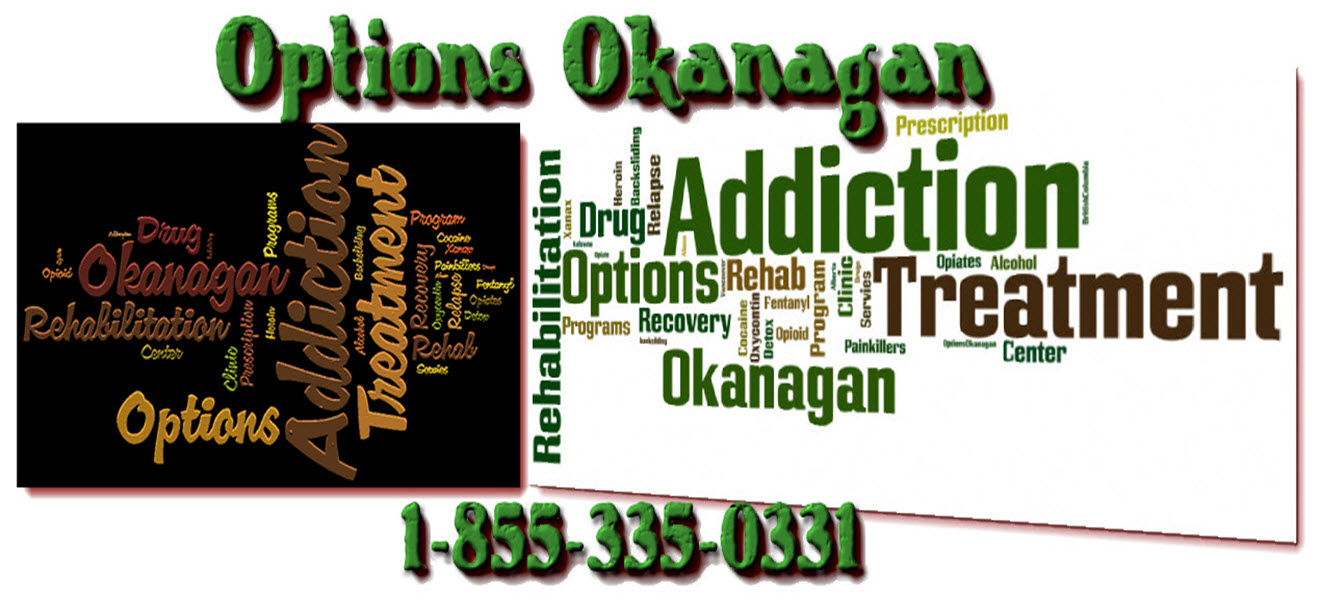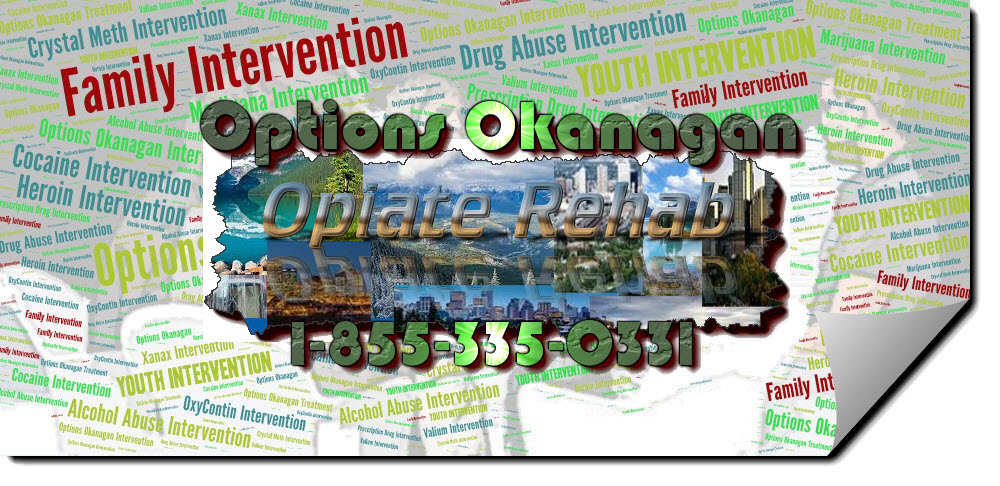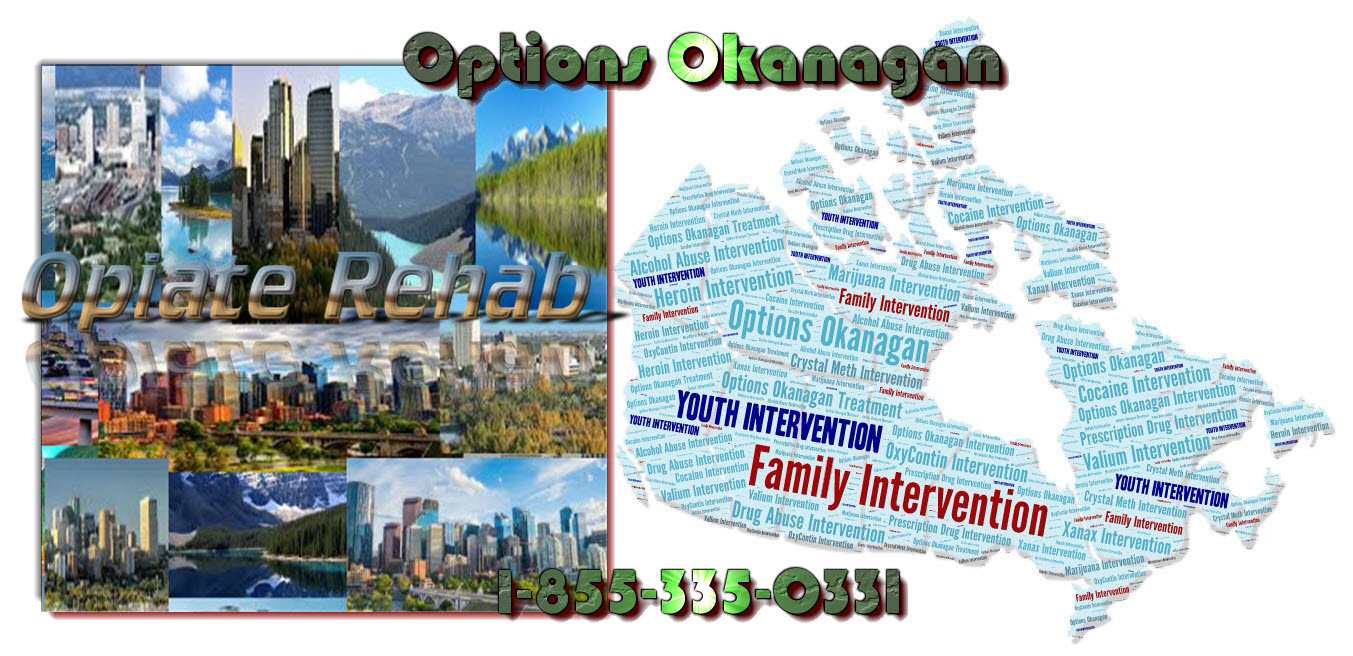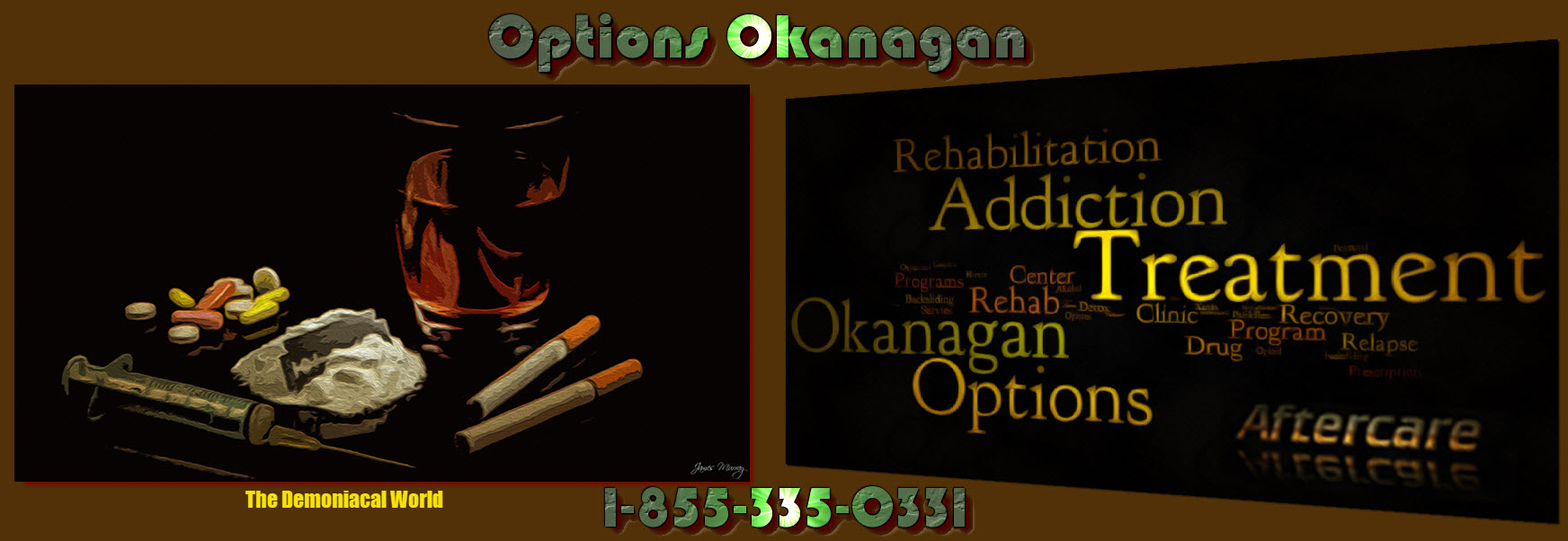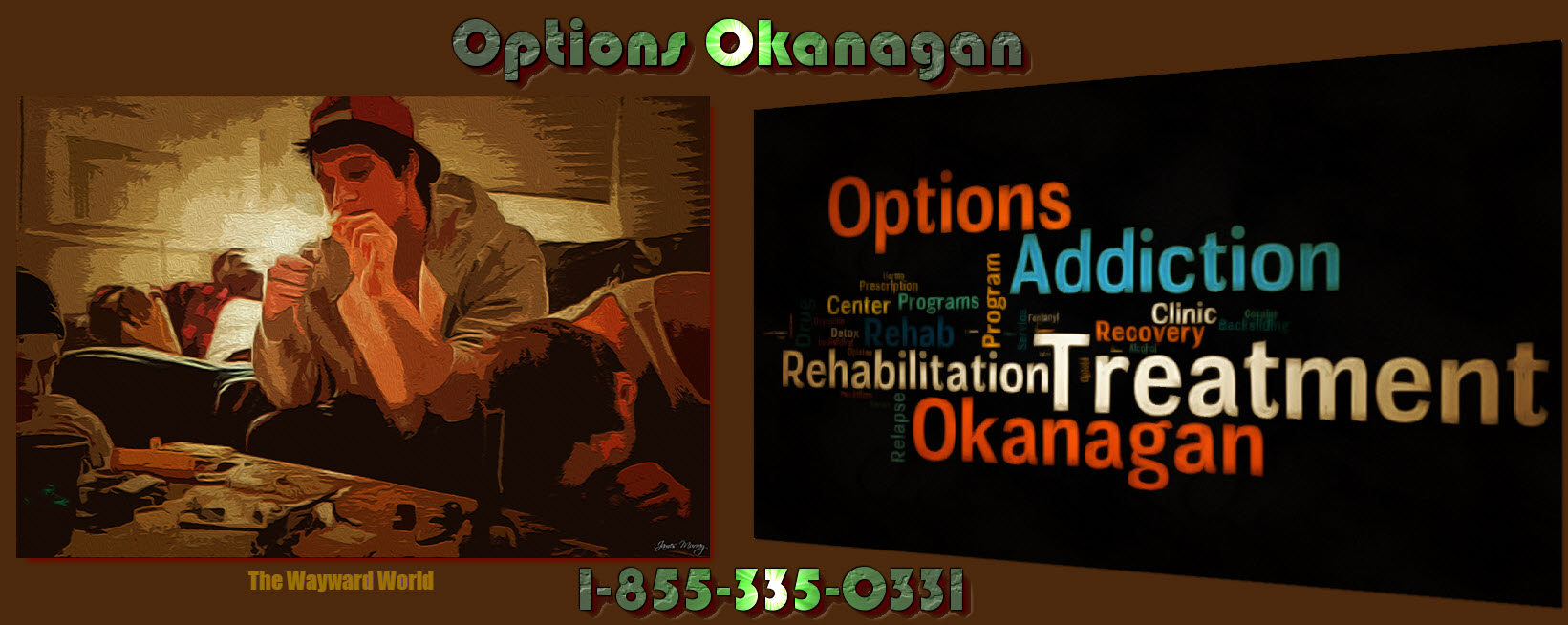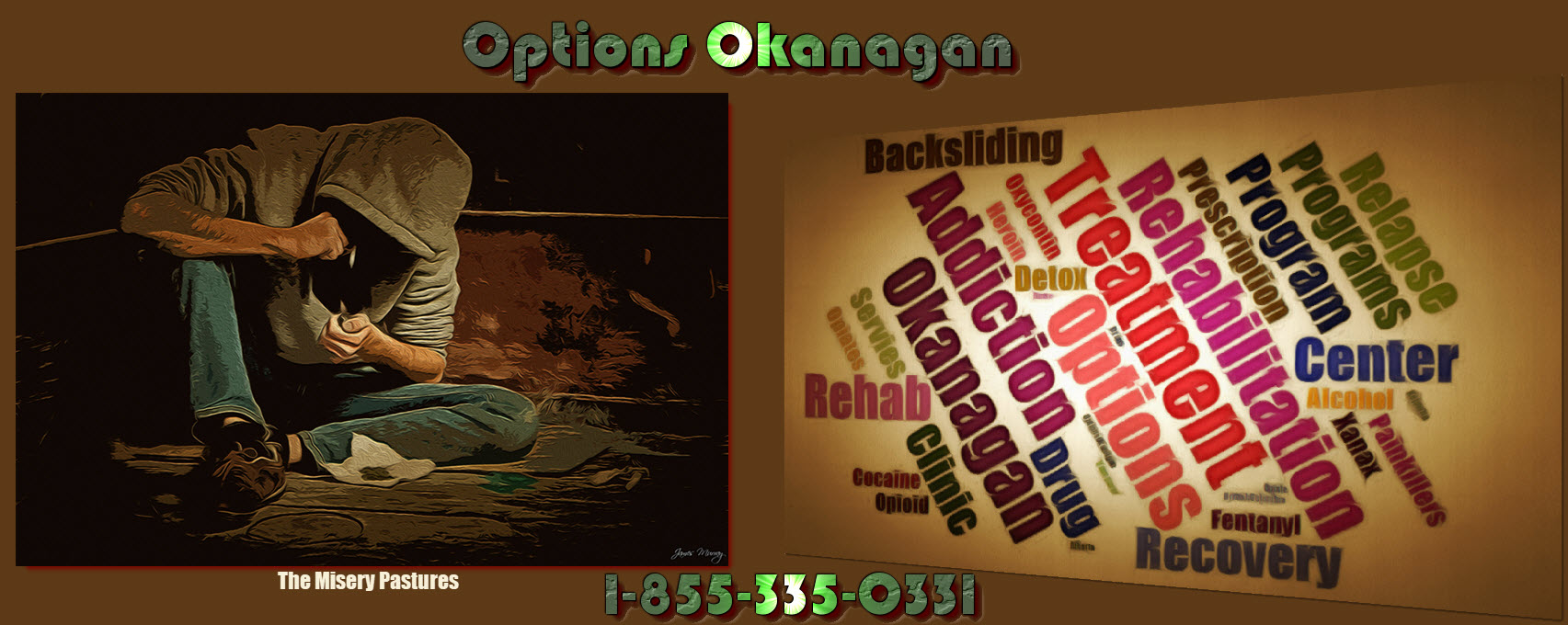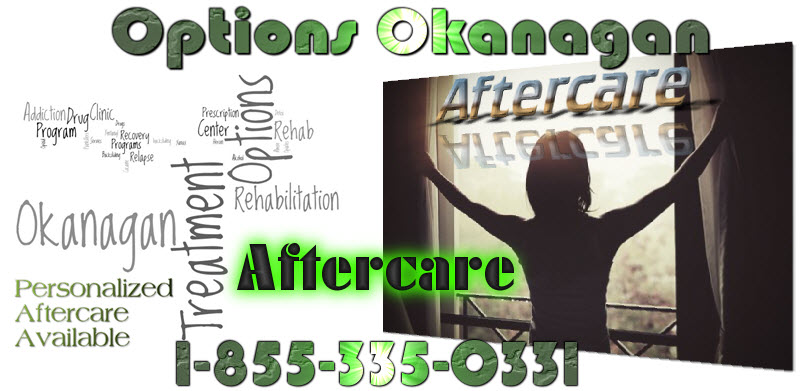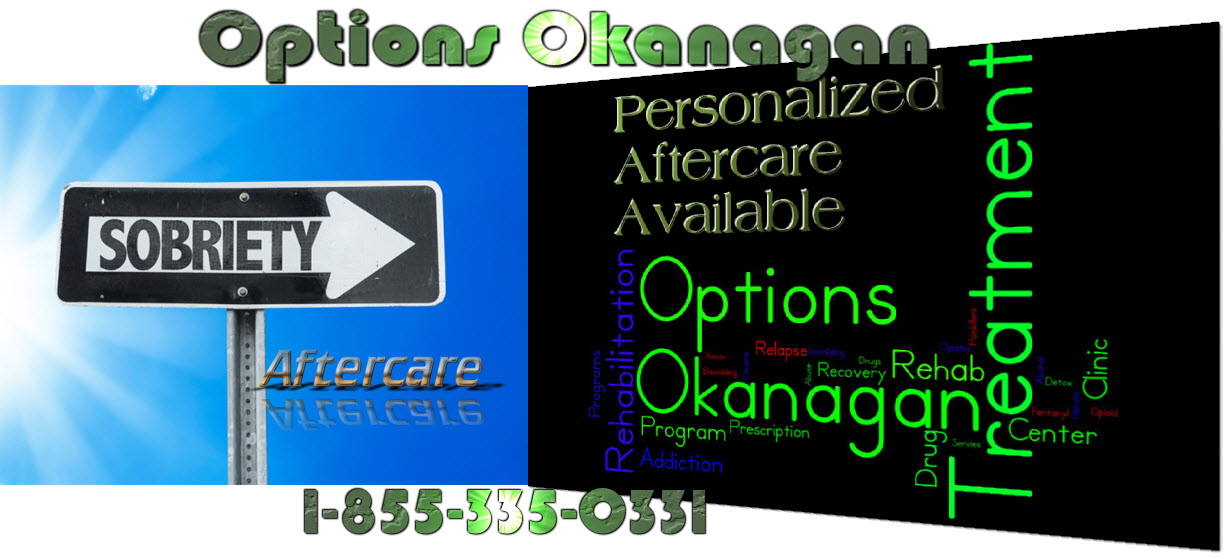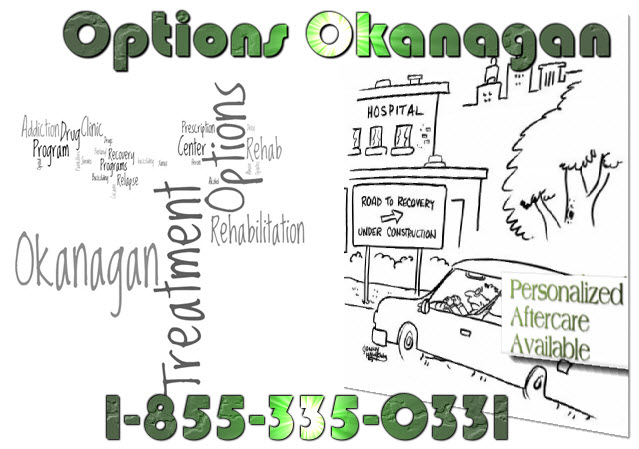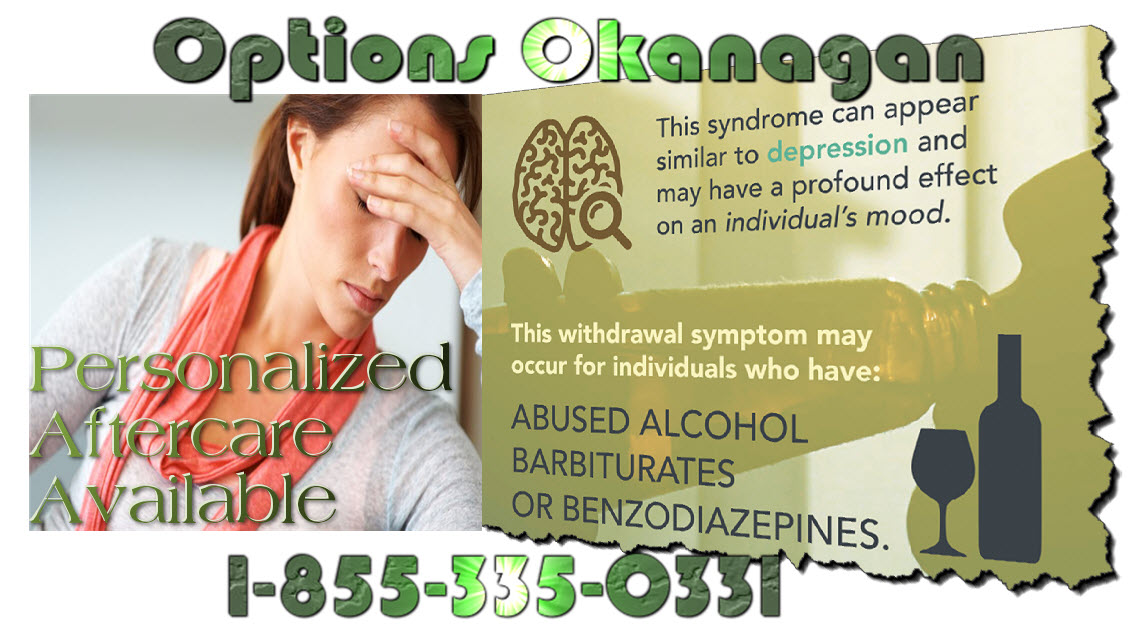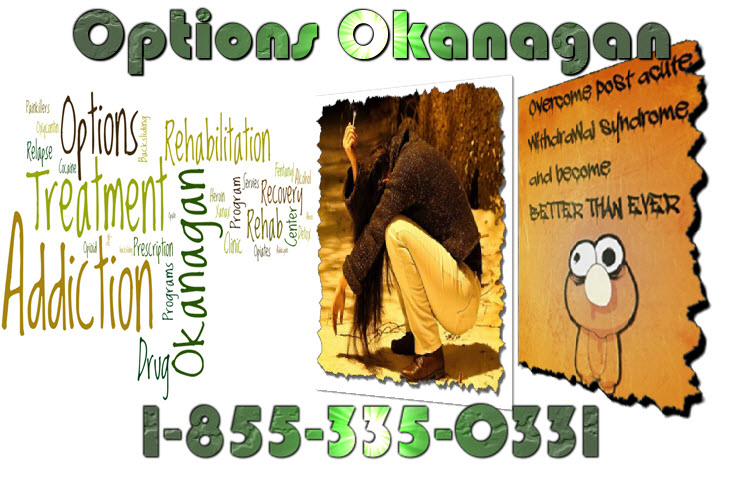Rehabilitative treatments to beat opiate addiction – Drug opiate and alcohol addictions – Drug Rehab Programs for recovering addicts in British Columbia and Alberta – Options Treatment Center in Kelowna, British Columbia treating drug, opiate, fentanyl, heroin and alcohol addiction and recovery.
Drug Rehab In Alberta And BC
Opiate abuse and addiction is a serious societal problem. Things are so bad that it is now a topic of discussion in various sectors which include schools, government institutions, along with the media. The call for rehabilitation for opiate addiction is the resounding yes. But, precisely what is involved in opiate addiction rehabilitation?
Addiction rehabs are far more of a person’s learning process in which those with a reliance on various opiates will rediscover a new way to live without abusing these drugs of choice. In short, it is actually a method that strives to help them quit opiate use. Take into account that each opiate is uniquely distinct in how it affects and impacts the addicted. For this reason, some individuals establish a high dependency on specific opioids. Consequently, the solution for the addiction will differ from one use to the next, according to the opiate involved.
The therapy working in the rehabilitation process might be cognitive, behavioral, or the application of medications, or a mixture of every one of these. Picking out which length of treatment will probably be best depends on various factors.
Behavioral therapy targets methods of addressing opiate cravings. It teaches the addict how to prevent something that will trigger them to desire to use opiates and the way to prevent relapsing on the drug of choice. In addition, it does cover exactly how the addict can deal with a relapse in the event it happens.
Addiction to opiates increases the risk of contracting infectious diseases including AIDS. This is why behavioral therapy is among the primary treatment options that aim at lowering the probability of contracting such illnesses. The treatment will entail options like medical services, social and psychological therapy sessions apart from routine case management.
The most effective addiction rehabilitation programs offer a combination of therapies customized to match the individualistic needs of the opiate addict. The therapist will think about situations like gender, race, sexual orientation, age, employment, housing, parenting, physical and sexual abuse, among other variables.
In terms of medications in treating opiate addiction, it would include using drugs such as Methadone, Naltrexone, or LAAM, and the like. People struggling with nicotine addiction can see a solution in things like patches, gum, and nasal spray, or bupropion.
Using the medications might also involve antidepressants, neuroleptics, mood stabilizers, and they are an essential part of the achievements of the procedure process for individuals struggling with mental disorders including bipolar disorders and clinical depression.
Opiate addiction rehabilitation is achievable in various settings, in different locations, and a wide range of options. From a health standpoint, opiate dependency is known as a disease, a chronic disorder with a danger of relapses. That is why short-term or one-time treatment never suffices. Many addicts will go through many treatment sessions that involved different interventions geared towards helping them overcome their addiction and abstain from using opiates.
Rehabilitative treatment is the best solution in terms of dealing with opiate addiction. It may not necessarily need to be offered at an in-patient facility. But even so, rehab has got the best probability of helping the patient beat the opiate dependency and lead a proper drug-free life.
Rehabilitative Treatments To Beat Opiate Addiction
Options Okanagan Opiate and Alcohol Treatment Centers in Kelowna, Salmon Arm and Vancouver, British Columbia – Men and Women are recovering and healing from Alcohol and Drug Abuse at our treatment center here in the Okanagan right now.
Our unique and distinctive Opiate Drug and Alcohol treatment program allow men and women to come in from Calgary as well as Edmonton as we offer airport pickup.
Numerous clients come to us from Vancouver, Calgary, and Edmonton and other locations in Alberta and even other provinces for Opiate addiction treatment, heroin drug treatment, many other drug and alcohol addictions for rehabilitation because of the uniqueness of our treatment center.
Our (Kelowna ) Alcohol and Drug Treatment Program Location:
(Not Mailing Address) Contact Us – Web Page
For Mail Delivery :: Please contact each center for correct mailing addresses, also this location is the location of our residential treatment programs in Kelowna. Please call Toll Free 1-855-335-0331 to contact the treatment center you are going to for the address and directions.
Options Okanagan Drug and Opiate Treatment Center
551 Sherrydale Crescent, Kelowna, British Columbia, V1V 2E6
Toll-Free Phone Number: 1-855-335-0331

